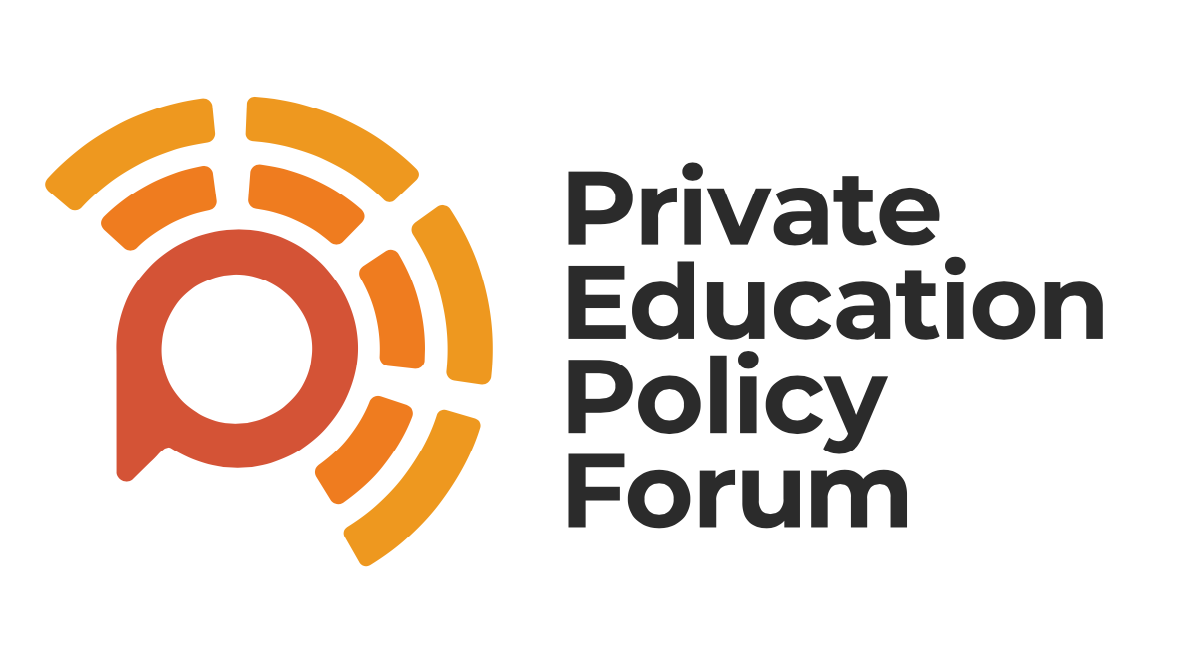
Carl Smith
I am proud of our education system. We have some of the finest schools and teachers in the world. I speak as the head of a successful state comprehensive school in the midlands, with a wholly inclusive intake.
I am also proud to say that I was educated in a state comprehensive school myself, as were my wife and my three children. But I believe we can do better.
We can create a world class education system in this country, not just for some, but all our children and I am sure there isn’t anyone who wouldn’t want that.
Through education, we can become richer and wiser, and harness this country’s greatest asset; its creative intelligence.
What I am proposing is a levelling-up approach, rooted in the aspirational values of parents who want the best for their children. Indeed, I believe we all want the same thing for our children; to be happy and successful, just as I want the best for the children in my own school.
At no time is that more important than now, when lockdown has further exacerbated the disadvantages faced by the most deprived children, largely educated by our state school teachers.
So, let’s start by understanding what it costs to educate each child.
In 2019 the Association of School and College Leaders (ASCL) calculated the true cost of educating every child currently taught in our state education system.
ASCL assumed that every child should be taught by a qualified teacher in a class of 30, hardly an unreasonable expectation and by no means extravagant.
The total works out at about £5.7 billion a year more than the government was currently planning to spend on education. Taxes obviously aren’t covering it.
No independent school would deny such basics to their own children, and I’m sure they would not want them denied to children in the state schools either.
However, there is a simple way to change the way we fund education in this country and our independent colleagues can help.
I am calling on both the independent and state education sector to join forces in calling for a basic education entitlement fund for every child in the country.
A single per pupil sum based on a calculation of what it would cost to educate that child to a commonly agreed but ‘good’ standard.
Then, and this is where our independent colleagues can help, every child in the country would be notionally allocated that sum each year, for the purpose of their education, but crucially, those who chose to educate their child in the private sector would be required to automatically pay their entitlement fund back in to the state education system to top-up the state education budget.
Government would begin by calculating the per pupil educational entitlement fund for every child in the country, including those educated in the private sector, and this could be announcing this in the budget.
Then the fund would be spent entirely on the state education sector, creating a world class education system for all, without waging war on our independent colleagues in the process.
The idea is that parents using independent education would be explicitly accepting that they were forgoing their pre-allocated state education entitlement fund and instead agreeing to pay it back into the general education pot; a foregone benefit as it were.
Let’s imagine the basic education entitlement was set at £5,000 – the minimum Boris Johnson has said he wants per pupil state funding to level up to. Let’s then imagine 10,000 parents chose to send their child to an independent school – so, an additional £50 million every year would be paid into the state education system on top of existing levels.
In reality there are at least 600,000 privately educated children in this country, and ASCL calculate that a minimum funding of £6,000 per child is required for a decent basic education so that would mean at least an extra £3 billion a year for state education.
Parents using the private sector may argue that they would be paying twice, if not three times for their child’s education, because apart from being taxpayers, they are already saving the state money by not using state schools and paying school fees.
But saving the state some money isn’t enough to educate all our existing state school children to the same good standard, and to become world class the state system needs more than it currently has.
Note that independent school parents wouldn’t be paying any more for state education than other taxpayers, but there would be more money in the state education pot, and we could guarantee that every child has a good education.
An education entitlement fund would work better than an education opportunity tax on school fees, simply because it’s not a tax.
It would, however, create a new relationship between state education funding and the public, making it easier for the state to raise money to spend on education in the process because it would very hard to argue against the need to fund the basic per pupil cost.
It would mean more money for state education, higher academic standards and a fairer system for all.
An education entitlement scheme for all would help to level-up education spending rather than level it down, and could be an important first step on the road to creating a truly world class education system for all our children.
Carl Smith is the principal of Casterton College, a leading state school in the East Midlands.



